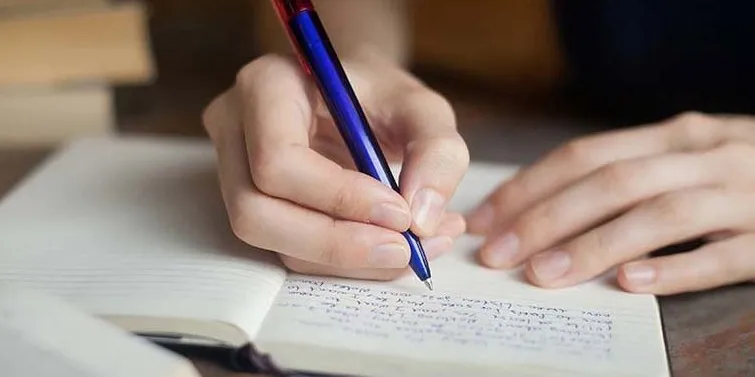

7 tips to improve your writing
Most of the students struggle with the paper writing – and not only because they don’t know what to write about. Sometimes even if you know what you’re going to write, this simply doesn’t come out as good as you wanted it to be. Transferring your thoughts on a paper indeed can be hard.
However, if you don’t consider yourself a talented writer, this doesn’t mean that you won’t be able to become one. Writing can be improved, just like any other skill – you only need to practice a lot and to try right writing approaches for students in order to succeed.
Moreover, even if you don’t know how to improve your writing, that’s okay. Today I’m going to tell you about 7 simple yet effective techniques that could help you strengthen your writing skills.
1. Freewriting.

Some of us find the blank paper (or the blank Word document) terrifying. Freewriting is the tool that can help you both get rid of this fear and overcome writer’s block. All you have to do is to spend some time a day writing literally anything that comes to your mind. This could be a fiction story or just your thoughts about the day. The writing can and most likely will be flawed and sloppy, but that’s not the point.
The most important thing here is that you’re going to write every day – and find something to write about every day. Writing will become much easier after that.
2. Reading it out loud.

One of the best ways to do so is to ask someone else to read your writing out loud. However, if you are too shy to do so, you can do it yourself. This might not come easy at first, but it’s a great way to understand how your writing really looks like at the moment. For example, you might notice that your sentences are too long because you’re running out of breath before finishing them.
3. Polishing the basics.
If you don’t know where to start, you can always start from the basics. Try polishing your grammar and punctuation skills, maybe even reading some books on writing. Always run your essays through grammar checking services and pay attention to errors these services highlight. Some online tools (for example, the Hemingway App) also offer stylistic suggestions and improvements, and if you pay attention to them, you might be able to improve your writing quickly and almost effortlessly.
4. Imitating other writers.
Do you have a favorite writer? Why do you like them so much? How does their style differ from the others?
Not all of us are able to answer all these questions with confidence. That’s why it is so important to study other writers’ style and try to imitate them: you’ll be able to learn from the best in practice. And I’m not talking about book writers only here. You can always try imitating your favorite blogger or a journalist, for example.
5. Writing challenges.
The Internet offers us so many interesting opportunities these days and some of these opportunities are great for those who want to improve their writing. Let’s take a NaNoWriMo writing challenge for an example – its goal is to deliver a novel by the end of the month.
While freewriting teaches you to write consistently about anything, this challenges teaches you to write consistently while sticking to only one certain story at the same time. That could be a great challenge for those writers who already mastered the basics and want to try themselves in something more serious.
6. Reading a lot.

The most basic yet effective advice. Don’t focus on the books only and don’t limit yourself to the things you usually read – instead try something new, more complex, and not simply read but also notice the style, the sentence structure, all the things that make this writing so special.
7. Editing.
Let’s assume that your draft is good when you finish it. However, it could become really great after you’re done with its editing.
Some students view editing only as the process of correcting all the typos and errors but actually, it’s much more complex than just that. You have to spend a lot of time on editing to make your writing as good as possible. Simplify, shorten, remove all the unnecessary information, pay attention to the arguments and to all the important details too – and you will receive a strong paper in the end. However, this rarely happens with the first draft.
Remember: while writing isn’t easy, it isn’t scary and tough too. You might not notice your progress right away but you will progress as long as you’ll keep practicing and using these techniques – either most of them or just the ones that seem the most appealing to you.
Good luck with your writing!







